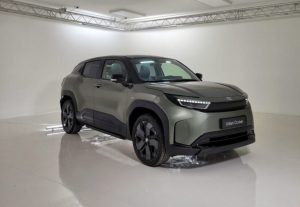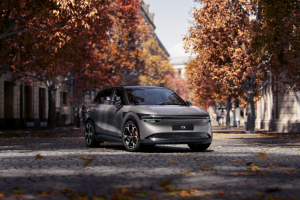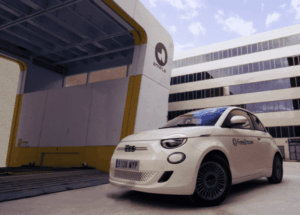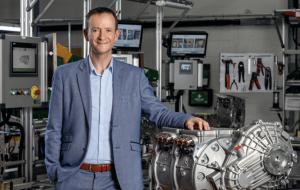Nissan’s Sunderland factory will be spared from major cuts, according to the company’s new CEO.
Ivan Espinosa confirmed this week that Nissan had “no intention” of shutting down its UK manufacturing operation.
“In Europe, we will strengthen our presence by assembling more electric models in Sunderland,” he said.
The announcement brings relief to the 6,000 staff employed at the Sunderland factory and those in the wider supply chain who feared job losses after Nissan revealed plans to close seven factories globally.
During the presentation of Nissan’s financial results for 2024-25, Espinosa disclosed that the company lost £3.8 billion last year. He announced a £1.3 billion cost-cutting initiative that includes reducing manufacturing facilities from 17 to 10 worldwide and eliminating 20,000 jobs.
Espinosa admitted the firm has “a mountain to climb” to recover from these losses, which stem from declining demand in major markets.
This latest strategy goes beyond previously announced plans to cut 9,000 jobs and close three factories.
Sunderland’s role as the center of Nissan’s European EV strategy appears to protect it from these cuts.
In March, Nissan confirmed the Sunderland plant would produce the next-generation Leaf, Juke and Qashqai EVs. Production of the new Leaf will begin later in 2025, with the traditional hatchback being replaced by an all-new crossover vehicle.
The Juke is scheduled for 2026 as a competitor to the Ford Puma Gen-E and Fiat 600e, followed by the first all-electric version of the Qashqai, likely in 2027-2028.
Espinosa’s recent statements suggest this plan remains intact despite Nissan reconsidering its broader manufacturing strategy.
The future of Nissan Sunderland received another boost earlier this month with a £1bn investment announcement in the nearby AESC battery factory, which will supply batteries for the new Leaf, Juke and Qashqai models.
Last year, Nissan and Honda announced plans to collaborate on future EV technology as both Japanese manufacturers struggled to compete with EV brands from China and Europe. However, a planned merger between the two companies fell apart earlier this year after they failed to agree on the future structure of the business.





